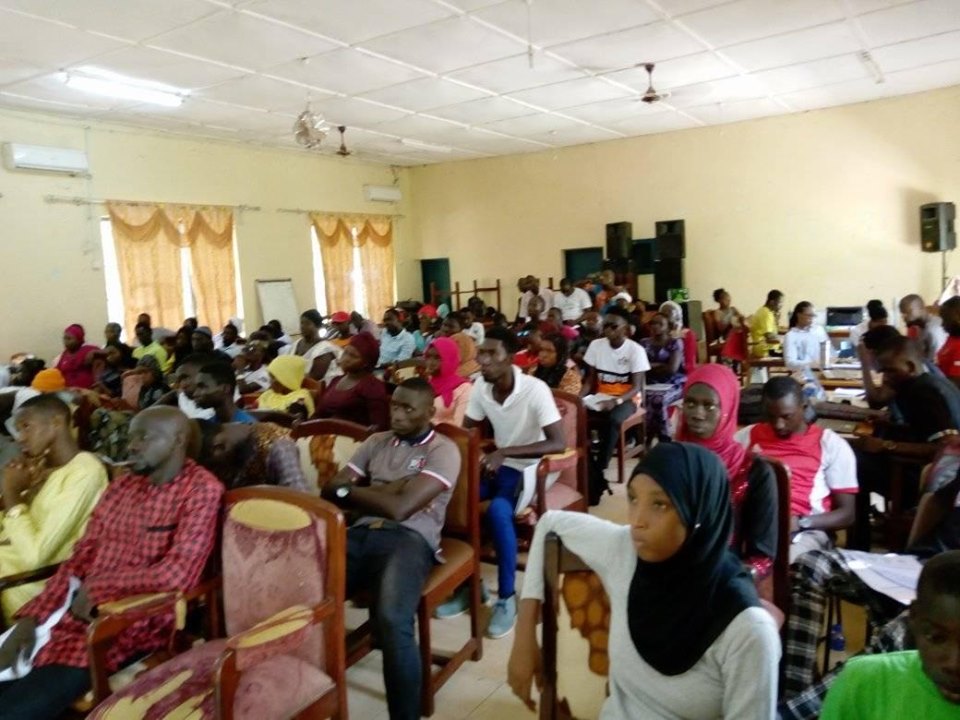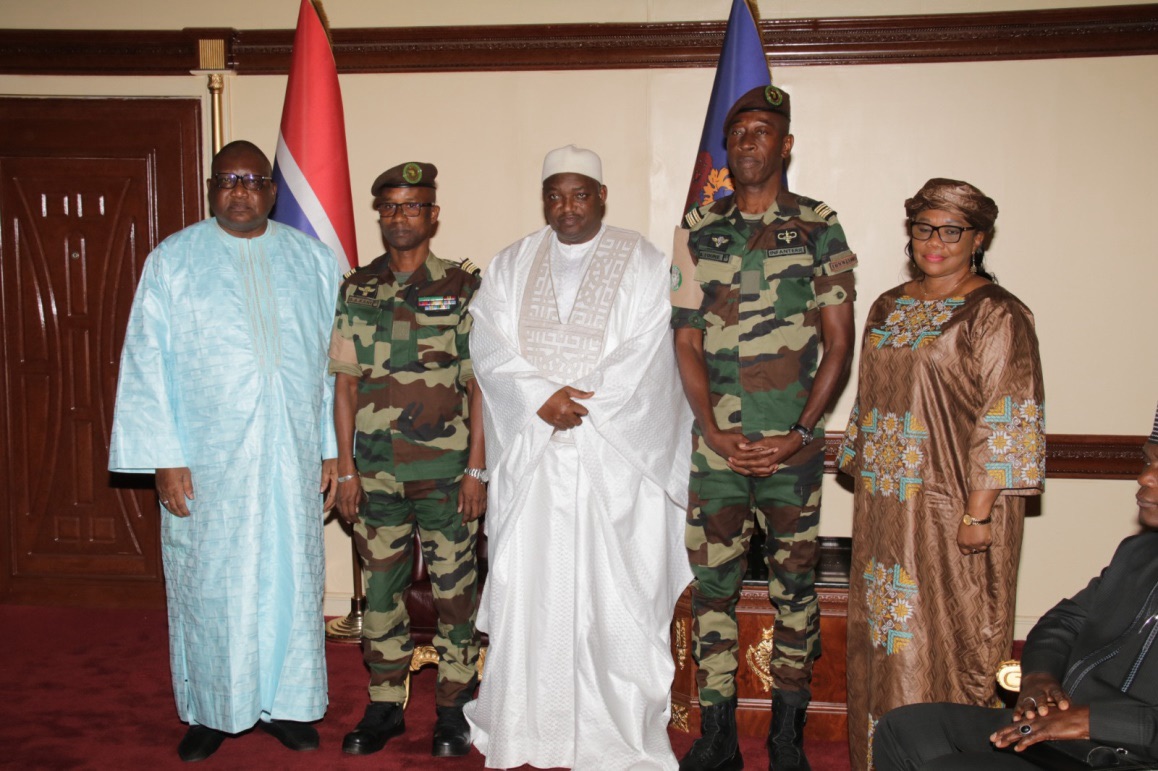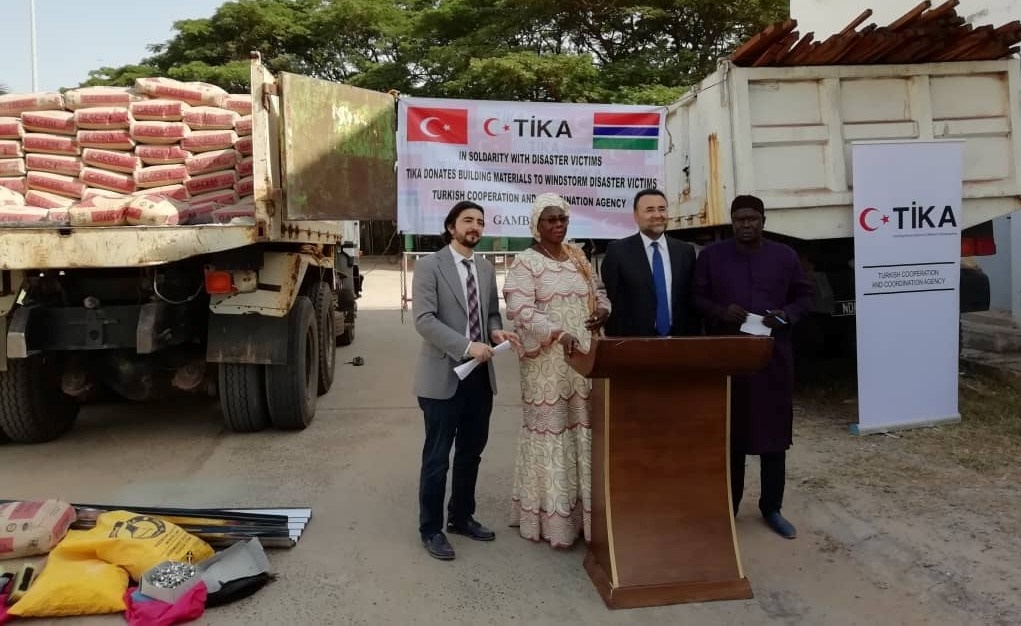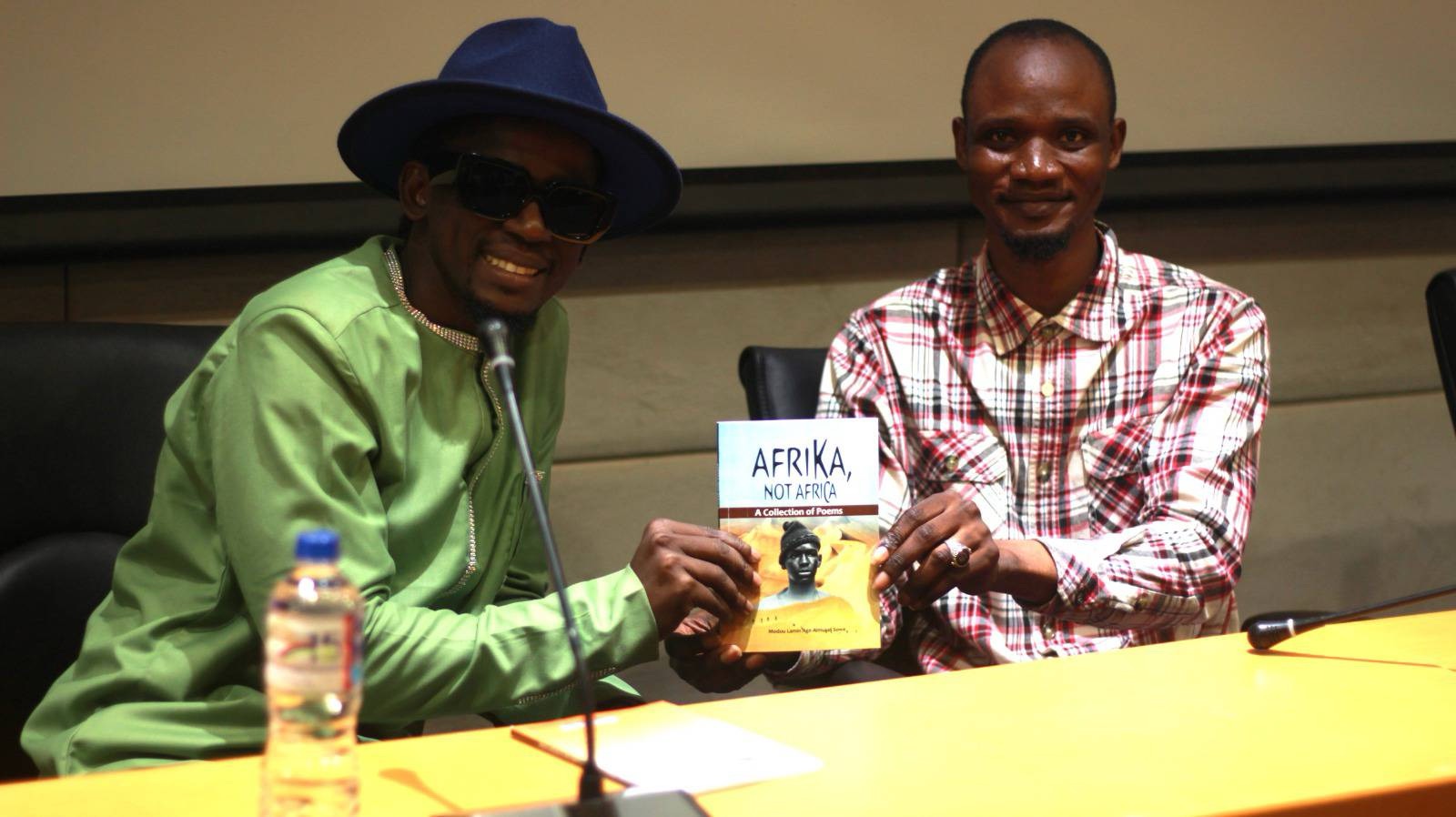By: Sulayman Waan
The National Youth Council (NYC) in partnership with United Nations Development Programme (UNDP) on Friday 13 September trained the Lower River Region (LRR) youth on the ongoing reforms process; held at Rural Development Institute, Mansakonko.
The training on reforms process includes the Truth Reconciliation and Reparation Commission (TRRC), Constitutional Review Commission (CRC), National Security Sector Reform (NSSR) and National Human Right Commission (NHRC).
It aims build capacity of youth also mobilize feedback from citizens, especially youth on various reforms mechanism and development issues in the Gambia for necessary improvements.
However, the activities further help to increasing peoples understanding, participation and ownership of various reforms mechanism. It’s part of the Youth Connekt Gambia Initiative Programme.
In his opening statement, Lamin Darboe, executive director of the NYC said this training come as a result of the ongoing transition that the country had gone under since the change of regime in December 2016.
“Our role as young people cannot be underestimated in the whole reform process within the transitional programme,” he said.
He added: “The Gambia NYC under the Ministry of Youth and Sports with support from UNDP and partners find it prudent to use the existence youth connekt model to reach the reforms mechanisms within the transitional justice programme such as the TRRC, CRC, NSSR and NHRC to come and have direct interface with youth.”
Darboe said with such capacity building he hopes that the youth would be able to deliver accurate information to their various communities, adding that parents depends on the youth to get information as well as analysis of current state’ issues, especially things related to democracy, accountability and rule of law.
However, he noted that this session is a measure of holding duty bearers particularly commissions officials accountable by questioning them about the reforms process as well as given them feedback and recommendations to ensure success of the reforms.
“This capacity building is to give you skills, information and knowledge so that you would effectively participate in the dialogue forum. That is to ask the relevant questions to the panelist,” he noted.
Alieu Barry, deputy permanent secretary at the Ministry of Youth and Sports said the activity would contribute to maintaining and improving peace building in the society, adding the programme is in line with the country’s policy document as well as the youth’s ministry strategic plan.
He expressed gratitude and appreciation to UNDP for supporting the youth on his important activity.
Representing UNDP country rep, Sulayman Marena, finance officers said engaging youth in a dialogue is a step to maintaining peace, noting conflict prevention includes mediation, which he means is the principal concern of UN and its member states agenda.
“Dialogue is very critical for country at this juncture particularly with the young people. What is lacking is the implementation,” he said.
However, he implored policy makers to develop meaningful mechanism for youth participation and leadership in decision and policy making from the local to national and then international levels.





